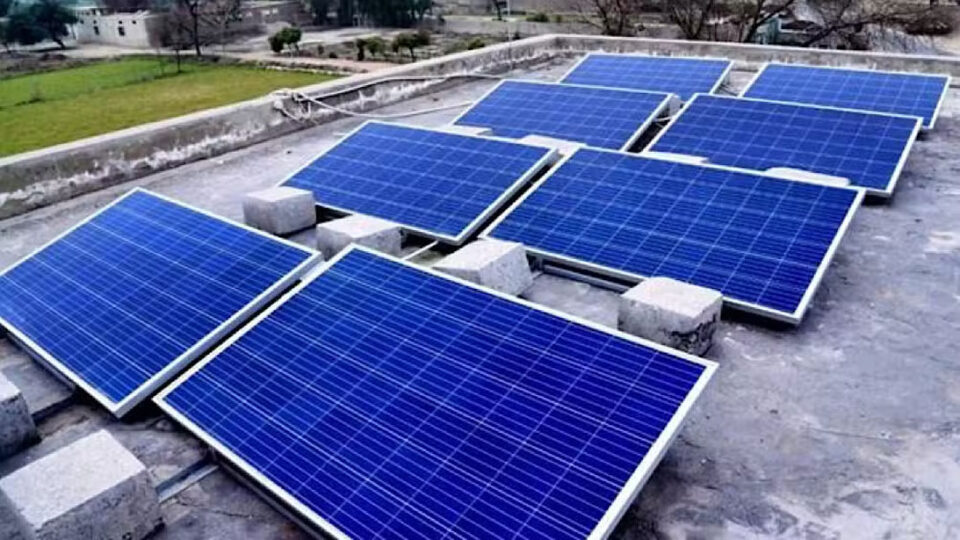IESCO Installs Over 8,700 Net Metering Connections, Generating 106 MW of Clean Energy
The Islamabad Electric Supply Company (IESCO) has installed 8,702 net metering connections with a total generation capacity of 106.43 megawatts (MW) across various service areas from January 2016 to February 2023.
While the latest official data is up to February 2023, experts suggest that the current total capacity is likely much higher, especially considering continued adoption and installations in recent months. Even when excluding areas outside Islamabad, residents of the capital are estimated to be producing over 100 MW of electricity through solar systems.
Steady Growth in Clean Energy Adoption
According to IESCO Public Relations Manager Asim Nazir Raja, the company received 9,177 net metering applications during the specified period, representing a total proposed capacity of 114.29 MW. Of these, 9,122 connections have been licensed by the National Electric Power Regulatory Authority (NEPRA) with a combined capacity of 113.68 MW.
So far, 7,781 of these connections are actively involved in the import and export of electricity, contributing 95.35 MW to the grid. These systems have exported 133.5 million units and imported 167.3 million units of electricity, Raja noted.
Financial Incentives and Licensing Authority
Up to June 2022, IESCO paid Rs. 2.32 million to eligible consumers for surplus electricity supplied to the grid. Under current rules:
-
IESCO is authorized to approve net metering licenses for systems up to 25 kilowatts (kW).
-
For capacities above 25 kW, NEPRA issues the licenses directly.
What Is Net Metering?
Launched nationwide in 2016, the net metering policy allows residential, commercial, and industrial consumers with at least a three-phase electricity connection to install solar panels and sell surplus electricity back to the national grid.
Consumers can install systems ranging from 1 kW to 1 MW, enabling them to reduce bills and support Pakistan’s transition to clean and renewable energy. At the end of each month, any excess energy exported is balanced with consumption, and payments are made accordingly.

